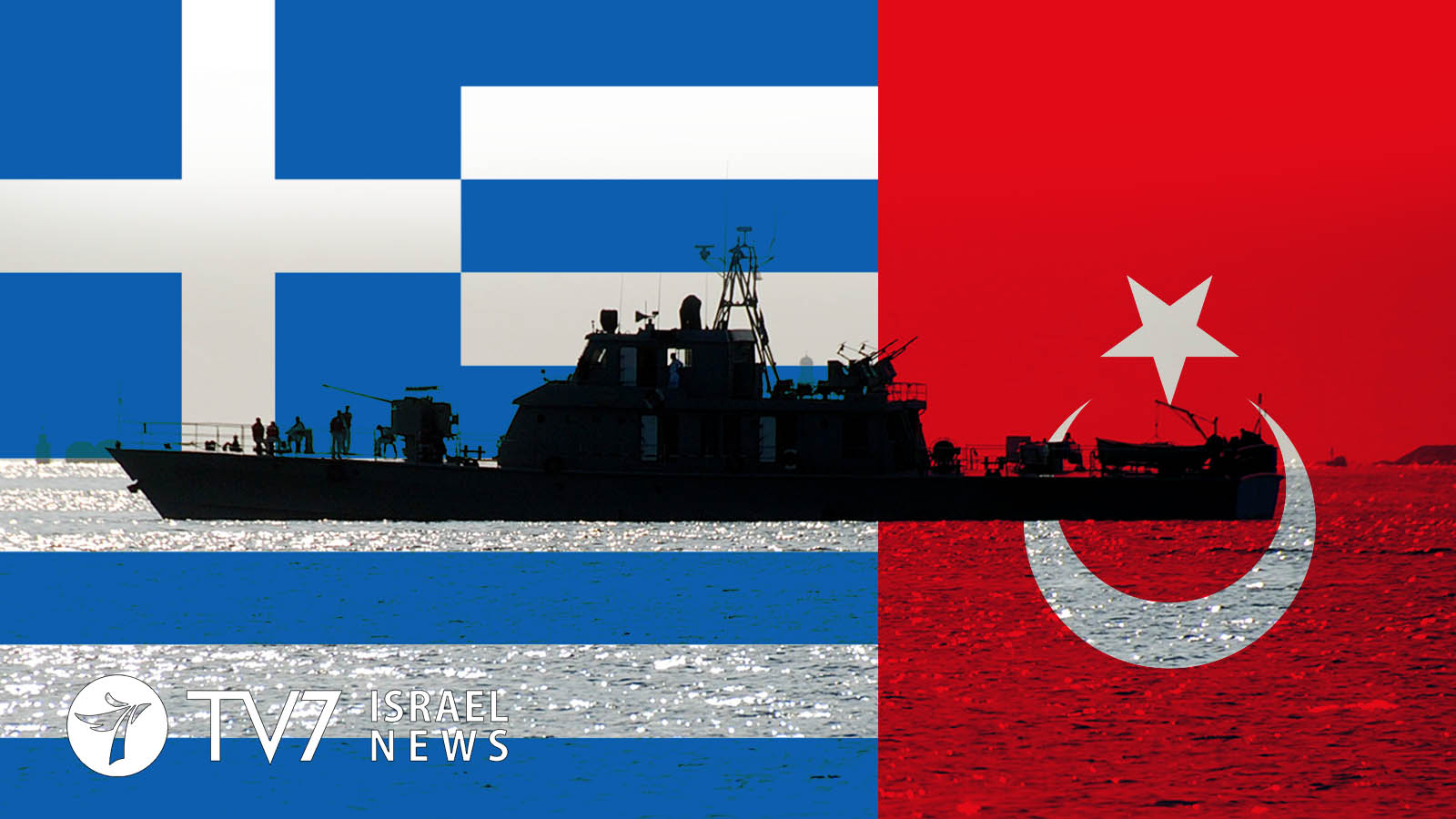Greece and Turkey held two days of talks aimed at resolving major outstanding disputes.
The tow countries are at odds over manifold issues, such as competing claims over their respective continental shelves, maritime and air space rights in the Mediterranean, energy reserves, ethnically-divided Cyprus, as well as the status of several islands in the Aegean Sea.
Ankara heightened already-existing tensions this week by condemning the EuroAsia Interconnector cooperation agreement between Greece, Israel and Cyprus to link their respective electricity grids; arguing that the planned subsea route runs through Turkey’s continental shelf, according to the state-run Anadolu news agency.
The two neighboring NATO allies ended their five-year freeze on negotiations in January after months of tension in the eastern Mediterranean. Diplomatic sources the latest round of exploratory talks were conducted at a central Athens hotel, although no details about the agenda of the talks was released.
The meetings were intended to establish common ground for formal negotiations – but so far little progress has been achieved in more than 60 rounds of previous attempts since 2002; and the two sides have been unable to even agree on what issues to discuss.
Greece had declared that the meetings would be limited to the demarcation of exclusive economic zones (EEZ) and the continental shelf in the Aegean and eastern Mediterranean, ruling out any matters related to “national sovereignty.”
Ankara, meanwhile, insisted that all issues were on the table, including air space and the Aegean islands.
The latest round of talks comes just ahead of the 25-26 March European Union summit, where leaders are expected to discuss the eastern Mediterranean.
Turkey is hoping to improve relations with the EU, which has supported member state Greece and threatened to impose sanctions on Ankara.
Greece – which has succeeded in securing maritime accords with Italy and Egypt in recent years – has asserted that the dispute with Turkey be referred to the International Court of Justice (ICC) if the two sides fail reach agreement.
